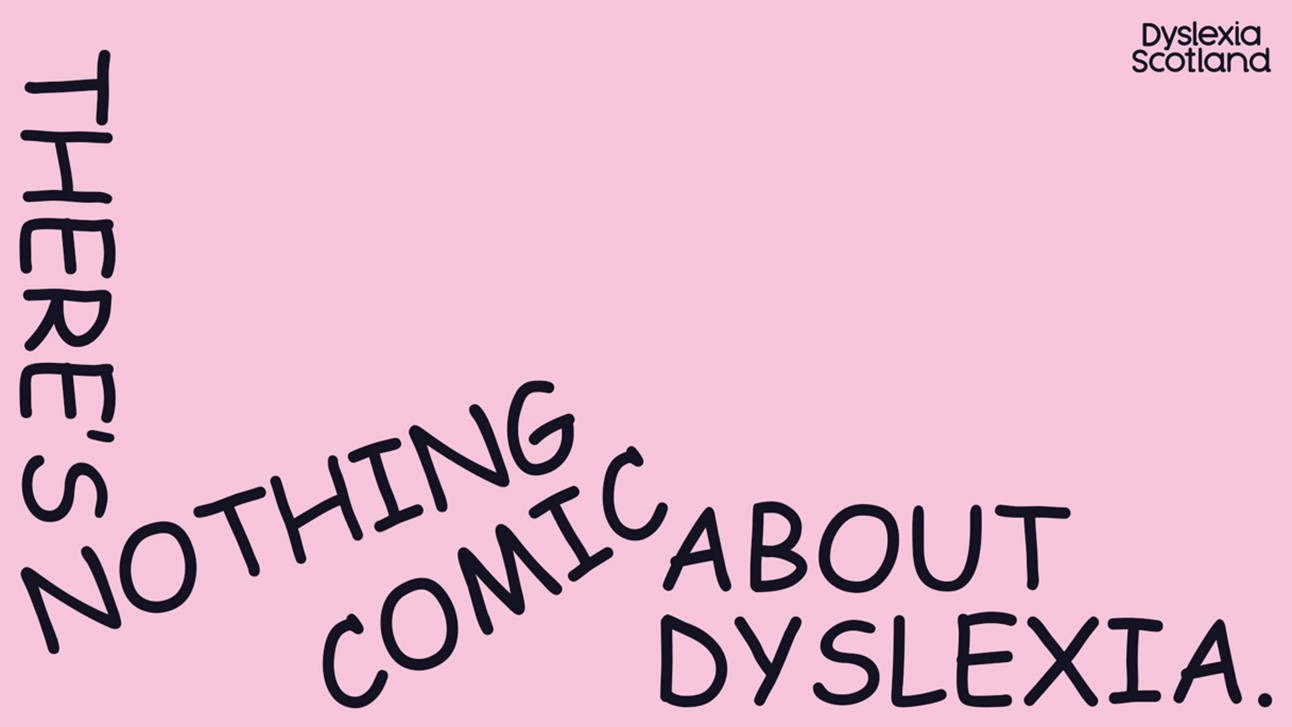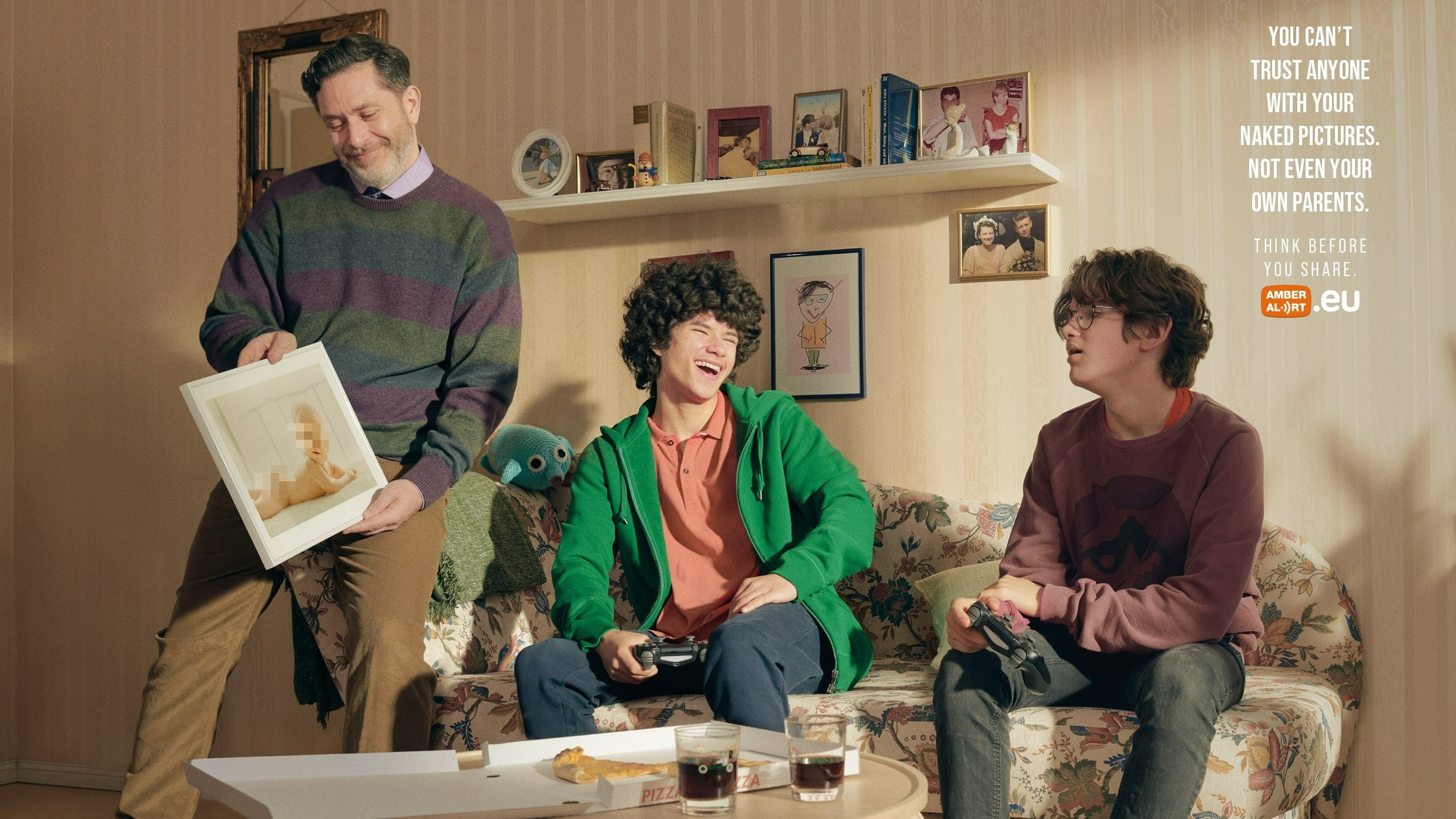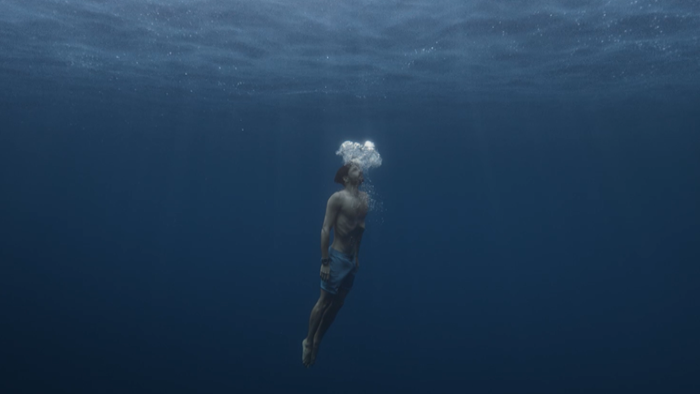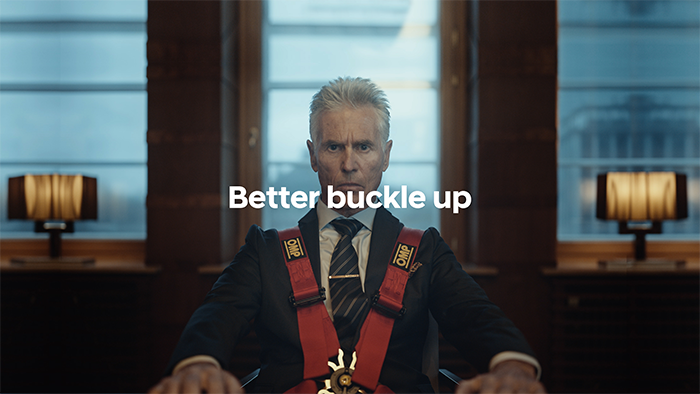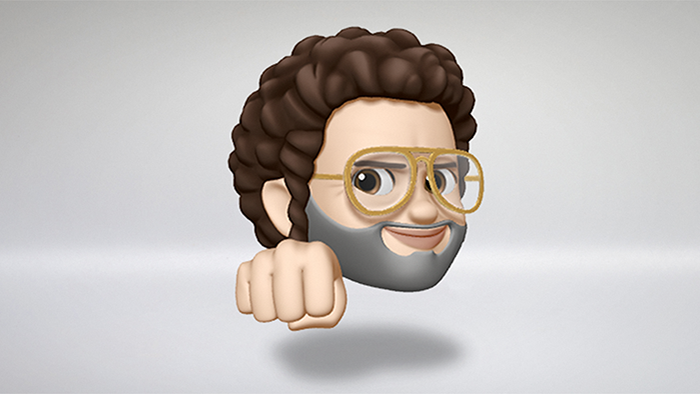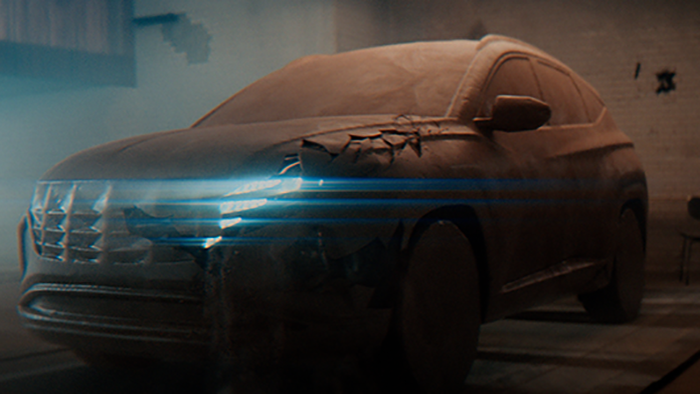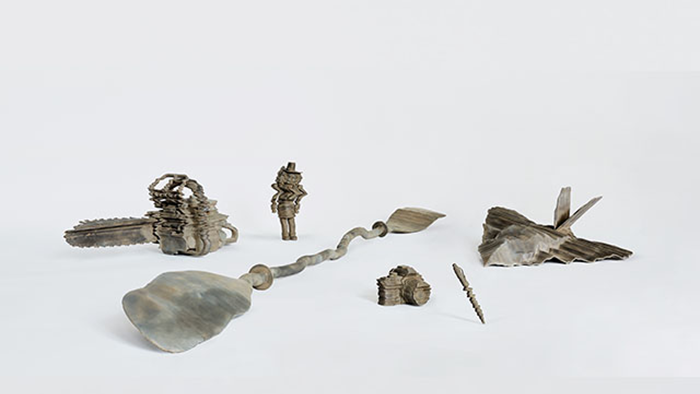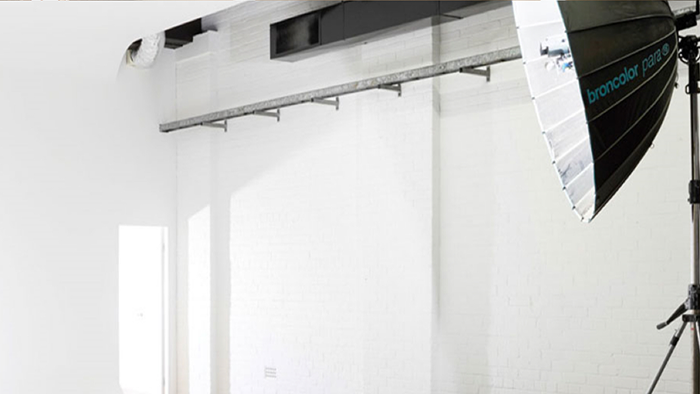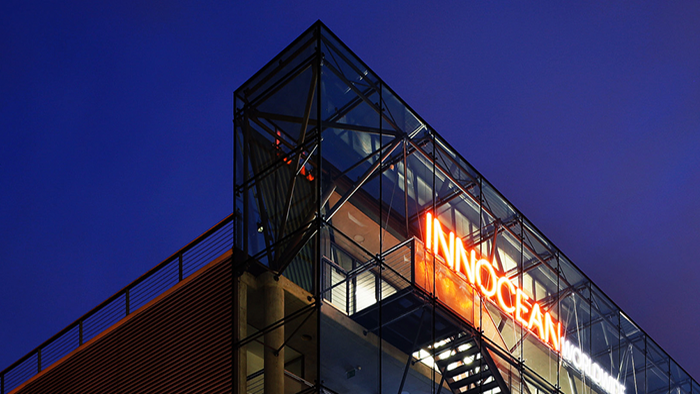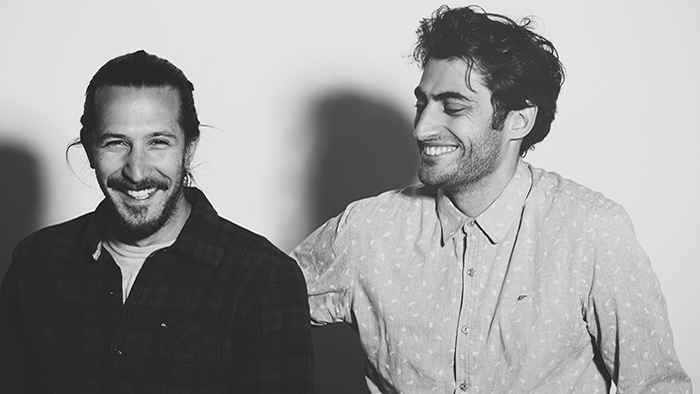
Glorified shoemakers: About self-respect in advertising
Januar 2022 | Berlin
“Why did you do it?” Whenever I pose these questions during the interview, I wonder why they have the air of an accusation. Explain yourself, why did you end up selling your soul to the gods of advertising? You look like a sensible bloke. You could have been a physician, or lawyer, or an architect. What made you want to create ads? Then you get a rehearsed answer. And if the sensible bloke gets hired you go to a bar during his first week and maybe get a real one. I find the whole thing peculiar. I mean the self-hate we openly express to the world. We take it lying down, too. I’ve never heard anyone defend their profession when attacked, and it happens quite frequently. I see that as a major problem, especially for the younger people entering the industry now, because it is connected to the ungodly hours we still often work. It has a lot to do with self-respect. The new generation seem to have a bit more of it, thank God, and pulls the “no” from the client to the agency side. Misconception #1: Misconception #2: Misconception #3: The first one is more obvious for an insider. I wish it could be true just a bit, but unfortunately, it’s not that simple. It takes time, effort, and money – lots of money – to make people do things they don’t want to. Nowadays, it’s a struggle to even get noticed. Lies do not help the process. As a strategist, the first thing you learn is that it is rather the uncomfortable truth that helps you cut through the clutter. My days are filled with sorting the bullshit from an insight about my client’s business, their audience, or the market. Dare I say, I became a more truth-oriented person 15 years into the business, to my own amazement. This is also one of the reasons that I soldier on. There are few industries nowadays where one can afford the luxury of looking for the truth – advertising is one of them. Yes, it is a form of persuasion, like everything connecting to sales, but it is a rather obvious one. Modern day journalism beats us hands down in manipulation these days. This brings the next point of bearing responsibility for your clients. Let’s get personal. I am the second generation of ad makers in my family. My dad is a creative director and I remember asking him this question once. I think I was in my idealistic teens. He told me something that stayed with me to this day. Ad makers are like shoemakers. It’s a craft. Not philosophy, nor art. We impartially try to promote anyone who pays us to do so. You care to do the best job possible but are not morally responsible for actions of an organization that uses the adjust as much as a shoemaker cannot take the responsibility for actions of people who wear his shoes. This detachment is incredibly liberating. It probably does not work for everyone. We tend to be picky if the toothbrush we’re using is sustainable enough, and that is a good thing. The reality of the job market does not leave everyone with such a choice. But coming back to advertising being an impartial service, I have a comparison. I’ve worked for more political and cultural institutions in the past and it brought on the burden of aligning my personal beliefs with the beliefs of my employers. At some point, because of moral differences, I chose to leave. As an advertiser, I see my agency as my employer, not the brands that we work for (even as an in-house agency). I do not feel the blame, responsibility nor take credit for my client’s progressive actions, in this sense it goes both ways. I just concentrate on doing the best possible job at branding I can for them. I am emotionally invested in my work, but there is a healthy distance that keeps my head cool and lets me sleep at night. Where I do get personal, is at the actions of my agency. Our Berlin office recently developed a claim: GLORY OVER PAIN. At first, I did not like it too much. I focused on the “glory” which seemed superficial. Glory does not come from inside, it is external, perceived. Per definition, it is “admiration, honor and praise”. It’s a pity to think your motivation should come from outside. It almost feels like a promise you would give to the poor bastards sent to the front. But that made me think about the second part: the pain. I like it. Or maybe to put it like this: I don’t like the pain, but I like that we recognize our business is full of it. I don’t mean the late hours, painful creative processes, impossibly exhausting productions – I mean the pain I was writing about at the beginning, pain of constant self-doubt, is something very distinctive about agency life. Although I wish a lot of my colleagues had a bit more faith in the good they do with their work, I go through it from time to time as well. It can be a very destructive process (therefore we do see tons of burnouts) but it can be a rewarding one too. I think it saves us from being complacent. When you regularly check with yourself whether what you are doing is in line with whom you want to be, it can be very rewarding. It allows you to stay creative and truthful. Even if the process itself is painful. I personally connect easily to these kinds of people – one of the reasons I enjoy my time in the agency so much. When I focused more on that part of the agency claim, it appeared to me in much more of an appealing light. It reminded me of the phrase “Sin dolor no hay gloria” (There is no glory without pain) – a phrase you will find 100km before reaching Santiago de Compostela. The glory is earned. And let’s face it, external recognition is a much more honest and realistic way of perceiving one’s worth – few can do without it. In that way, our claim is extremely truthful. Like good advertising should be. SUPRA DOLOREM GLORIA Author: Anna Nowak-Otto, Strategy Director, INNOCEAN Berlin
“What got you into it?”
I admire that effort and here are my two cents that I would add as counterarguments to these common misconceptions:
NO ONE WANTS TO DO IT ANYMORE
I really enjoy my job. The majority of my team consists of very clever people who purposefully chose their profession. Do we save the world? No. Does Beyonce? The glam days of madmen are not entirely gone. Shoots in the desert still happen on regular basis. Storytelling is not gone; it’s just different. Although our business is rapidly changing, I dare say it’s for the better.
NO ONE NEEDS ADS
We are aware no one wants to see an ad. But does no one need ads? I know we question if it is even needed by our clients, but thank God there are still some independent research institutes telling us that yes, ads tend to be useful for the business. And somehow no one doubts that when it comes to pro-bono projects – then it’s a given that some publicity tends to work.
There is one more angle not many people in the western world think of nowadays but coming from The Eastern Bloc, it seems pretty damn obvious to me: ads are a barometer for a free world. Once you don’t have ads, you have propaganda. Believe me, the second one is worse.
Which leads me to the next point.
IT’S AN IMMORAL MANIPULATION
Let’s dissect it. Ads can be immoral – as I was once told – on two levels. One is more general – we try to manipulate people with lies into doing something they don’t want to do. Another one is more tangled. We bear the responsibility for the products we advertise – or the corporations we are working for.
Maybe we can just add a small twist of Latin? Ricardo?


